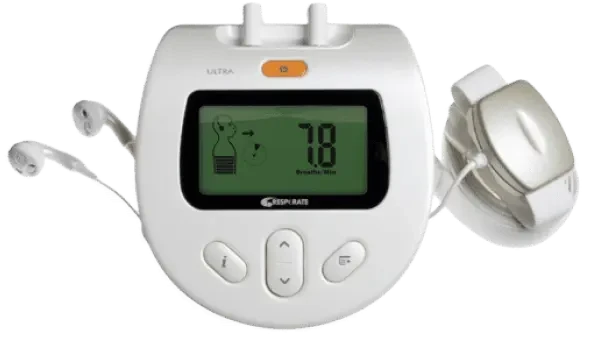Hypertension, or high blood pressure, is a common health concern that affects millions of people worldwide. While medication is often prescribed to manage hypertension, lifestyle changes and natural remedies can also play a significant role in lowering blood pressure.
One such remedy is parsley, a humble herb that packs a powerful punch when it comes to heart health. Let’s explore how parsley can help lower hypertension and improve overall cardiovascular well-being.
The Power of Parsley
Parsley, scientifically known as Petroselinum crispum, is a biennial plant native to the Mediterranean region. It is widely used as a culinary herb, but its medicinal properties have been recognized for centuries.
Parsley is rich in essential vitamins and minerals, including vitamin K, vitamin C, vitamin A, folate, iron, and potassium. These nutrients contribute to its numerous health benefits, including its ability to lower blood pressure.
How Parsley Lowers Hypertension
1. Diuretic Effects Parsley acts as a natural diuretic, which means it helps increase urine production and excretion. This diuretic effect can help reduce the volume of blood in the body, thereby lowering blood pressure. By promoting the elimination of excess sodium and water, parsley helps to ease the strain on the heart and blood vessels.
2. Rich in Potassium Potassium is an essential mineral that plays a crucial role in regulating blood pressure. Parsley is a good source of potassium, which helps to counteract the effects of sodium in the body. A diet rich in potassium can help lower blood pressure by relaxing the blood vessels and promoting better blood flow.
3. Antioxidant Properties Parsley is packed with antioxidants, including flavonoids and vitamin C. These antioxidants help to neutralize harmful free radicals in the body, reducing oxidative stress and inflammation. By protecting the blood vessels from damage, antioxidants can help improve overall cardiovascular health and lower blood pressure.
4. Vaso-dilatory Effects Some studies suggest that parsley may have vaso-dilatory effects, meaning it can help widen the blood vessels. This widening allows for better blood flow and reduces the pressure on the arterial walls, ultimately lowering blood pressure.
Watch how Julie Lowered her Blood Pressure Naturally.
It was 170/110, this morning it was 120/80
Learn MoreIncorporating Parsley into Your Diet
Adding parsley to your diet is easy and delicious. Here are some simple ways to incorporate this beneficial herb into your meals:
- Garnish: Use fresh parsley as a garnish for soups, stews, and salads.
- Smoothies: Blend parsley into your favorite smoothies for a nutrient boost.
- Tea: Brew parsley tea by steeping fresh or dried parsley leaves in hot water for a few minutes.
- Salads: Add chopped parsley to your salads for extra flavor and nutrition.
- Cooking: Incorporate parsley into your favorite recipes, such as pasta dishes, omelets, and marinades.
Final Thoughts
Parsley is more than just a garnish; it is a powerful natural remedy for lowering hypertension. Its diuretic effects, high potassium content, antioxidant properties, and vaso-dilatory effects make it an excellent addition to a heart-healthy diet. By incorporating parsley into your meals, you can help manage your blood pressure naturally and improve your overall cardiovascular health.
Always consult with a healthcare provider before making significant changes to your diet or starting any new supplement regimen.
 Eli Ben-Yehuda
Eli Ben-Yehuda 









Comments